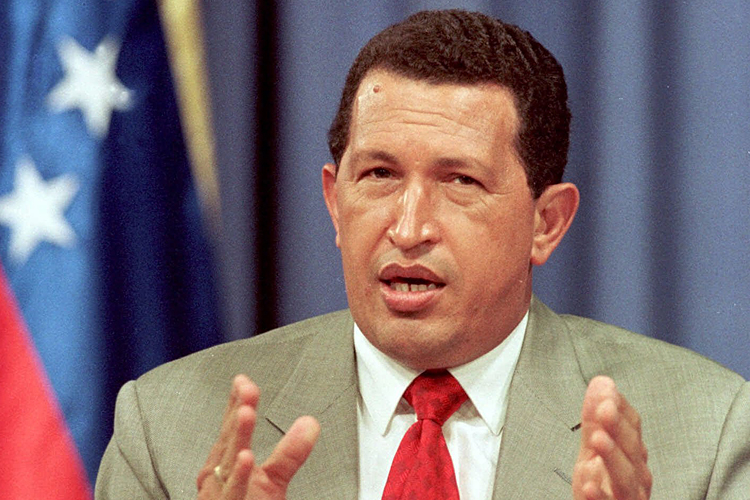 After the death of Venezuelan President Hugo Chavez, some are optimistic about the country improving cooperation with the US in the fight against drug trafficking. Despite the infamous photo of Chavez and President Barack Obama smiling and shaking hands at the 2009 Summit of the Americas, US officials say that relations with Venezuela are at a low point since each country rejected the others’ ambassador in 2010. Last October, Obama also accused Venezuela of “failing to meet its obligation” on combatting drug trafficking. The nation has become a major drug hub since Chavez took power, and analysts believe as much as 25% of the cocaine that enters the US comes from Venezuela. The US Treasury Department has blacklisted seven current and former Venezuelan officials, including former Defense Minister Henry Rangel Silva, because of suspected ties to drug-dealing Colombian insurgents. And although several senior officials in the country say drug corruption is weakening the government, other high level officials are suspected of making millions off the trade. “People in very important positions in government are getting rich, so if change comes, it’s probably going to be very, very gradual,” says Michael Shifter, president of the Inter-American Dialogue think tank in Washington.
After the death of Venezuelan President Hugo Chavez, some are optimistic about the country improving cooperation with the US in the fight against drug trafficking. Despite the infamous photo of Chavez and President Barack Obama smiling and shaking hands at the 2009 Summit of the Americas, US officials say that relations with Venezuela are at a low point since each country rejected the others’ ambassador in 2010. Last October, Obama also accused Venezuela of “failing to meet its obligation” on combatting drug trafficking. The nation has become a major drug hub since Chavez took power, and analysts believe as much as 25% of the cocaine that enters the US comes from Venezuela. The US Treasury Department has blacklisted seven current and former Venezuelan officials, including former Defense Minister Henry Rangel Silva, because of suspected ties to drug-dealing Colombian insurgents. And although several senior officials in the country say drug corruption is weakening the government, other high level officials are suspected of making millions off the trade. “People in very important positions in government are getting rich, so if change comes, it’s probably going to be very, very gradual,” says Michael Shifter, president of the Inter-American Dialogue think tank in Washington.
But although progress on tackling the country’s drug trade is slow, there are some indicators of change. Venezuelan vice president Nicolas Maduro, Chavez’s designated heir, began talks last November with Roberta Jacobson, assistant secretary of State for Latin America. The country has also cooperated with the US on several drug-related issues, including the extradition to Colombia of several drug kingpins. However, the tension between the two countries remains palpable; Maduro implied yesterday on national television that the US was at fault for Chavez’s illness. He intends to set up a scientific commission to investigate the issue.

